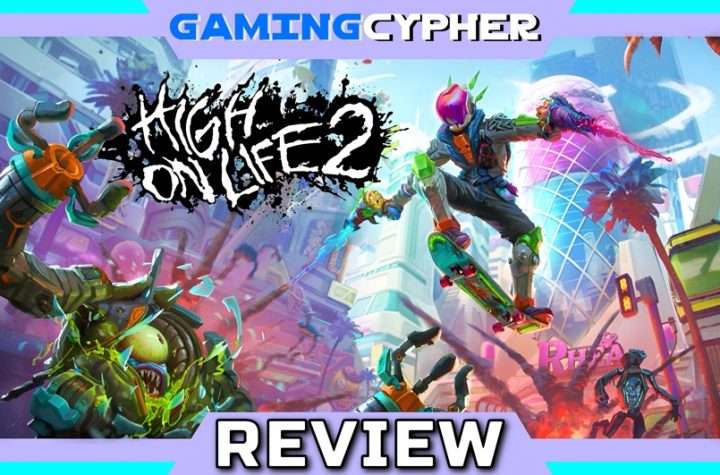Gamers: How Online Gaming Can Put You at Risk
Most gamers are more concerned with reaching the next level or slaying another raid boss than they are with the risk of identity theft. In fact, many players only became aware of the risks when the Playstation Network was the target of data thieves in 2011; The Guardian reports the personal details of some 77 million PSN members were stolen in the breach. For gamers who want to play online while still protecting themselves, there are some important things to know:
Malware
Gamers are often targeted in the form of malware such as viruses and spyware. PC Gamers are especially vulnerable, and Kaspersky Labs reports in 2013 the average online gamer was the target of more than 34,000 gaming malware attacks every single day. Game accounts are primary targets of cyber attacks because they often contain sensitive data such as credit card information or even valuable in-game items that can be sold for real-world money. The market for rare and valuable in-game items is so large that some hackers almost exclusively operate within these virtual black markets, stealing and selling goods for real world currency.
Malware is easily contracted in the form of illegal downloads of games offered in torrent format, so gamers should take care to deal with legitimate vendors for legal copies of the titles they are interested in. Companies such as Lifelock also provide software and services that can help protect you from malware as well as alert you should your information be compromised in any way. Sometimes, just regularly changing your password can help protect you. Using anti-virus and anti-malware software is a must for anyone who regularly games online. Avoiding sites that offer free pirated downloads of popular titles isn’t just a smart way to protect yourself, but it’s also the law. You won’t find much sympathy from authorities about your identity being stolen if you yourself are a thief.
Phishing
Phishing is when data thieves pose as admins and developers in an attempt to extract data from users through deception. Usually, such attempts involve “threats” to close your account if you do not divulge personal information or passwords. The simplest way to protect yourself from phishing attempts is to just keep your personal information to yourself while playing online — even if you are talking to a friend, you never can know who is eavesdropping. While Phishing may seem like a dated form of extracting victim information, and EMC report finds that 2013 was actually a record year for financial losses caused by phishing, with total fiscal losses caused by phishers reaching nearly $6 billion dollars globally.
Phishing attempts often come in the form of fake websites and emails from hackers. If you ever receive an “urgent” message from someone claiming to be with customer support, always double check the number and email address and never give away any information about your identity. Be especially wary of emails claiming you could lose your account if you do not act immediately; these are often dead giveaways that a data thief wants your information.
Source: Various
I have always enjoyed playing video games and am a programming team lead for a video game company. I co-founded Gaming Cypher because I enjoy the gaming community and would like to provide the best news service around. Feel free to ask me any questions and I will make sure to get back to you quickly.






More Stories
OMNIBION WAR Frantic 3D Shoot ‘em Up Now Out on Steam
Red Dead Online News: (Feb. 4, 2020)
SPACELAND Heading to PS4 and Xbox One Feb. 14